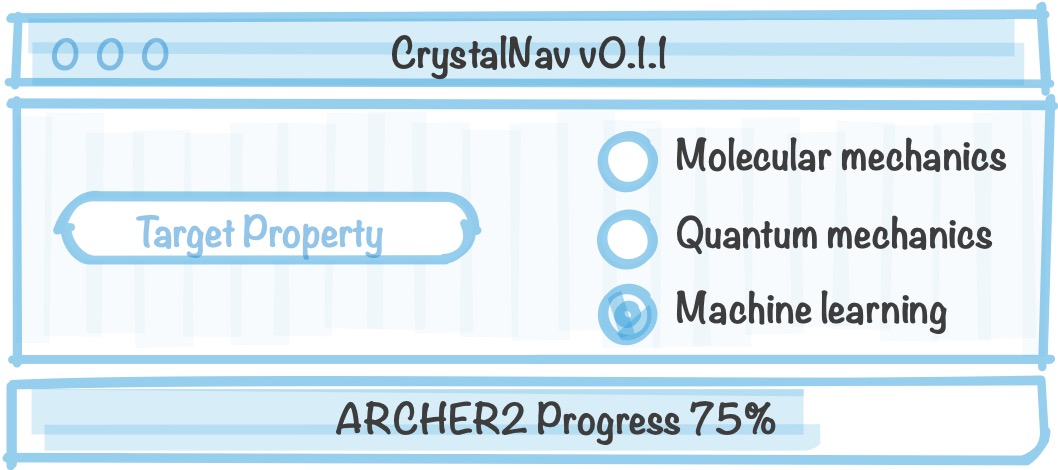Computer-Accelerated Design of Materials
We are a research group at Imperial College London working at the intersection of quantum chemistry, machine learning, and materials science. We use high-performance computing to design and optimise materials from first principles to function. Our work spans atomistic simulations, data-driven modelling, and multi-scale theory. The group is led by Professor Aron Walsh and is part of the Thomas Young Centre and the Centre for Processable Electronics.

Research Themes
Fundamentals
- Inverse materials design with artificial intelligence
- Thermodynamics and phase transitions in crystals
- Ion, electron, and phonon transport in solids
Applications
- Crystal engineering for clean energy technologies
- Light–matter interactions in solar cells
- Electrochemical systems for energy storage and conversion
Materials
- Metal oxide semiconductors (e.g. In2O3, BiVO4)
- Halide perovskites (e.g. CH3NH3PbI3, Cs3Bi2Br9)
- Multi-component chalcogenides (e.g. Cu2ZnSnS4, AgBiS2)
- Electroactive metal-organic frameworks (e.g. Fe2(DSBDC), Cu3(HHTP)2)
Community Projects
- Open computational materials science Nature Materials
- Best practices in machine learning for chemistry Nature Chemistry
- Emerging inorganic solar cell efficiency tables J Phys Energy
- Stability assessment and reporting for perovskite photovoltaics Nature Energy
Open Positions
-
For postdoctoral candidates, the next call for Newton International Fellowships will be in early 2026.
-
For PhD candidates, the best time to get in touch with your CV and motivation is in October-December for admission in the following academic year.
Contact
If you are interested in collaborating or joining the group, please get in touch by e-mail.